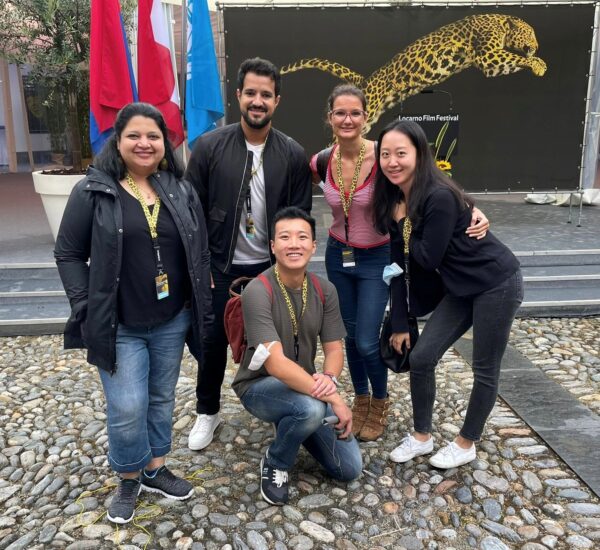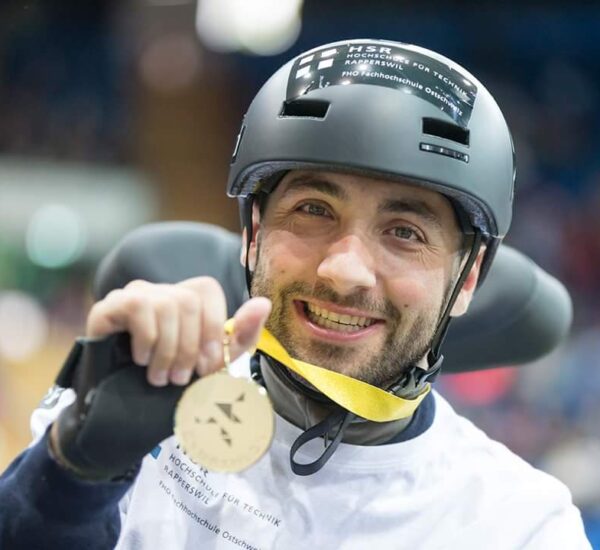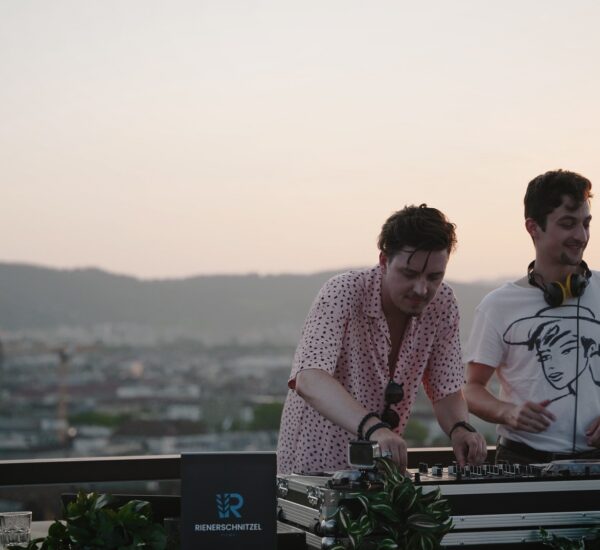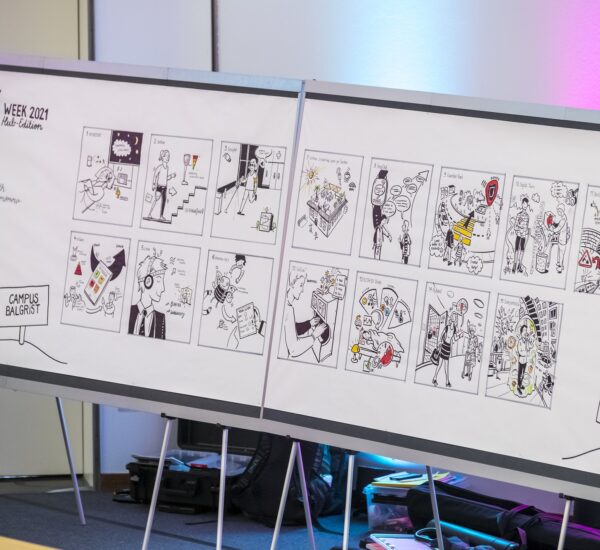When Science and Diplomacy Meet in Davos
January 22, 2026“Science speaks facts; diplomacy can make them travel.“
This simple yet powerful idea set the tone for ETH Zurich’s RETHINKING Science Diplomacy session last night during the World Economic Forum’s Annual Meeting in Davos. Moderated by Chris Luebkeman from ETH’s Foresight Hub, participants gathered to unpack an increasingly urgent question: how can science and diplomacy work together in a world marked by geopolitical tension, misinformation, and declining trust in institutions?
Following a number of notable statements by world leaders relating to the topic earlier that day and throughout the week, the context was very poignant. What became clear over the course of the evening’s discussion was that science diplomacy is no longer a niche concept, but a necessary practice, although it is under pressure from multiple sides.
When Facts Meet Friction
For ETH President, Joël Mesot, the urgency of science diplomacy became tangible during the Covid‑19 pandemic. Involved in setting up Switzerland’s national Covid Task Force, he witnessed first-hand how difficult it can be to translate scientific evidence into decisions that resonate with public administrations, policymakers, and the broader public.
The pandemic exposed a stark reality: knowing the science is not the same as ensuring it is understood, trusted, or acted upon. Louise Harra, host of the event as the Director of the PMOD/WRC, echoed this concern, emphasising that international collaboration only heightens the need to bridge this gap. In an interconnected world, the challenge is not merely generating knowledge, but ensuring it travels across borders, institutions, and audiences.

Defining Science Diplomacy: Why Language Matters
What exactly do we mean by science diplomacy?
For Marilyne Andersen of GESDA, it is fundamentally a mutually beneficial relationship: science and diplomacy need each other to function effectively. Scientific evidence requires political context to have impact, while diplomacy depends on credible knowledge to make informed decisions.

Effy Vayena, ETH’s new Vice President for Knowledge Transfer and Corporate Relations, added another layer, describing science diplomacy both as an aspiration — building bridges and shared goals — and the mechanism that make those goals achievable. While science diplomacy has existed in various forms for decades, she argued, we are now at a moment where its direction and future deserve renewed attention.

Ludwig Moeller of the European Space Policy Institute offered a compelling metaphor: science provides the destination, diplomacy the vehicle. Facts alone are not enough, especially in a landscape filled with noise, oversimplification, and at times, deliberate misuse of evidence. The challenge lies in communicating opportunities, not just problems, without losing nuance or credibility.

Trust as the Common Currency
If there was one word that surfaced repeatedly, it was trust.
Trust in institutions has eroded in recent years, partly because science and diplomacy have not always delivered solutions to pressing global problems, or because science has been selectively used to serve political agendas. As scientific knowledge becomes a driver of power and geopolitical tension, the risk of misuse only grows.
And yet, this is precisely why science diplomacy matters. Trust in science and in the values that underpin it, remains an asset. The task ahead is to ensure that science does not become merely transactional currency, but remains a shared enterprise aimed at the common good.
As one participant put it, trust often trumps evidence in relationship‑building. Narratives matter, and scientists are not always equipped or encouraged to tell their stories in ways that resonate with policymakers.
Building Bridges Deliberately
So how do we move forward?
Several practical steps emerged from the discussion:
- Prepare early, especially during moments of transition, when future directions are visible but not yet fixed.
- Create spaces and mechanisms for dialogue, building on successful examples of joint initiatives, such as was shown during the pandemic response.
- Stay close to decision-makers, understanding their needs, constraints, and incentives.
- Engage the public, recognising that public trust and science diplomacy are deeply intertwined.
Science diplomacy is not a nice-to-have. It is about shaping destinations — from digital sovereignty to security, sustainability, and global health — in ways that serve shared interests.
At ETH Zurich, with its strong scientific credibility and global networks, and its newly launched Einstein School of Public Policy, this responsibility is especially clear. As global challenges grow more complex, helping science travel wisely, responsibly, and with purpose, may be one of the most important roles we can play.


See all the pictures from the event here.








